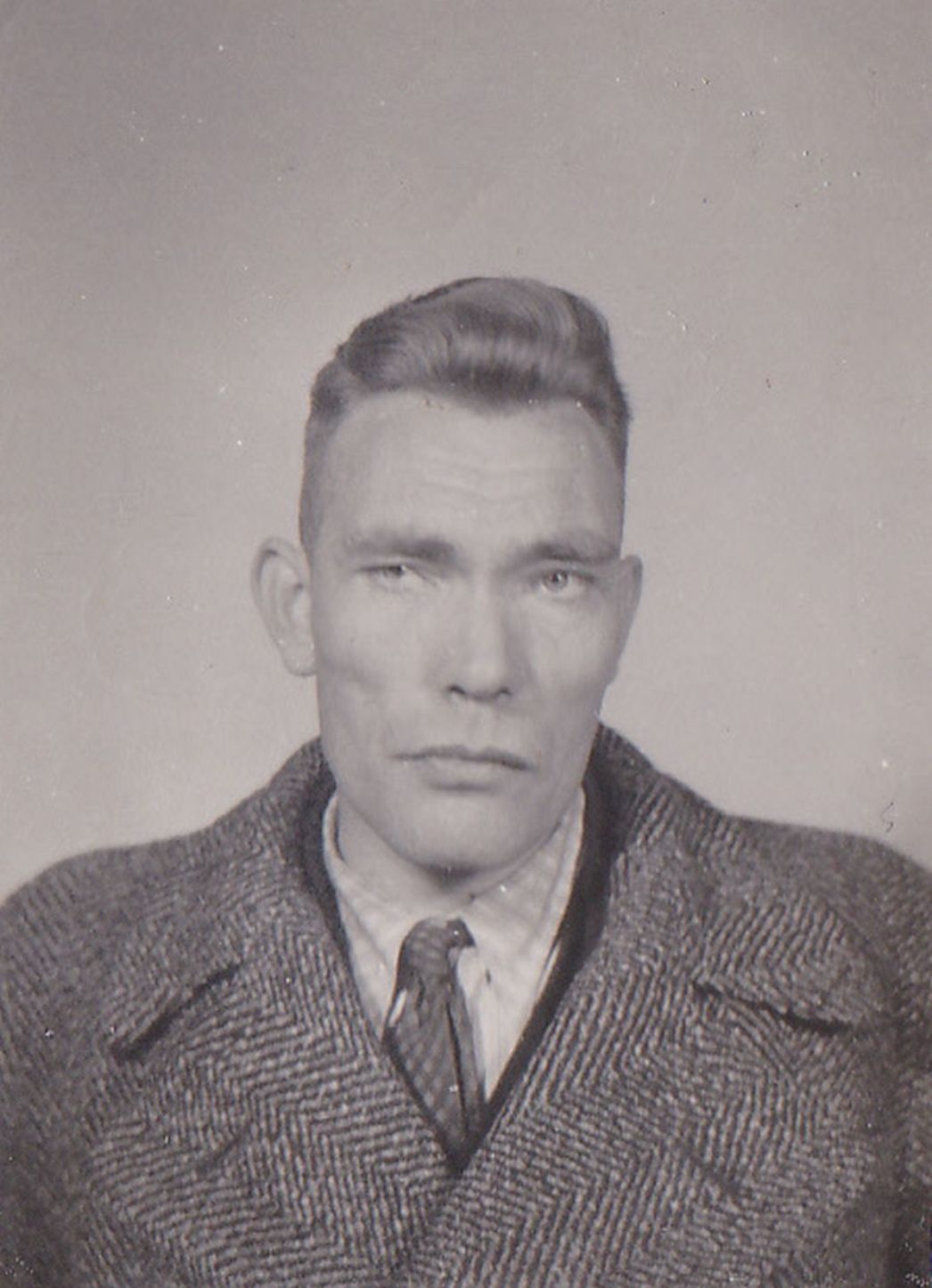Transcript
Narrator Meppel – a small town in the Netherlands. After the German occupation, the employees of a pharmaceutical company formed a resistance group here. They helped Jews and persons persecuted for political reasons, and distributed illegal leaflets and newspapers. In February 1944, the Gestapo arrested the head of the group. In his possession they found a list of the names of the other members. Thirty-two men were arrested, among them the company’s thirty-year-old accountant, Cornelius Antonides. He had a family and two children. He nevertheless risked everything:
Cornelius Antonides “On the night of 24 May 1944, there was loud ringing in our house and German voices screaming orders. I woke with a shock, and with terrible certainty it suddenly dawned on me that now it was my turn. … I went down the stairs. I hesitated for a second; there was always the possibility that the Germans would start shooting immediately. Then I opened the entrance door and four Germans entered with machine guns pointed at me. In the hallway they asked me what my name was, and the captain told me to get dressed immediately so they could take me away with them. Our house was surrounded [by soldiers] to prevent me from fleeing…. Two stayed with me and the others searched everything. They searched linen and clothes cupboards and drawers, but didn’t find anything. In the living room there was a stack of illegal literature under some baby clothing that fortunately escaped their attention.”
Narrator Cornelius Antonides had belonged to the resistance group since 1941. He provided persecution victims with ration stamps and occasionally hid illegal persons in his house. It was not yet clear to him what his arrest meant:
Cornelius Antonides “I got dressed, said a few encouraging words to my wife, kissed her and my two children, of whom the youngest was four weeks old, and went along [with the soldiers], well guarded. If I had suspected that this was the prelude to so much misery, I probably wouldn’t have gone with them so boldly.
Narrator After interrogations by the Gestapo he was taken to the Amersfoort transit camp. From there, with nineteen other men from Meppel, the journey continued to the Buchenwald concentration camp. Back home they were now called “De Meppelaars”.
The SS put them in penal detachments. They had to perform heavy labour in the nursery and the quarry. Cornelius Antonides contracted an inflammation of the kidney and spent several weeks in the inmates’ infirmary. Like the majority of the “Meppelaars”, he was nevertheless forced to leave on one of the death marches when the camp was cleared in early April 1945. He fled. In Southern Germany he met American soldiers who helped and took care of him. Because he was seriously ill, he was not able to return home to Meppel until July. He was one of five surviving “Meppelaars”. Fourteen never returned.
Imprisonment had ruined his health; he had to undergo several operations and give up his profession for a time. He died before he had reached retirement age.


